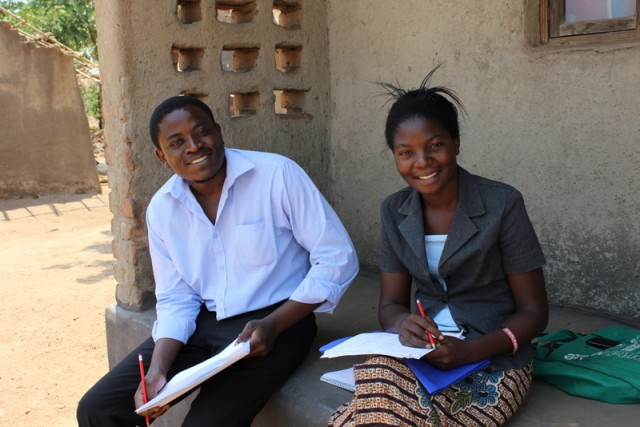
What we do
Evidence for Development seeks to make reliable quantitative information on livelihoods available to decision makers at local, national and international levels so that policies to improve living standards and strengthen resilience among the poor are based on the best possible evidence.
Since 2006, we have promoted and developed techniques which inform development policies and programmes, and are used by governments, donors, academics, UN agencies and NGOs in over 30 countries across Africa, Central America and Asia. Practical applications range from famine early warning to climate change and adaptation, food security, nutrition, health, and social protection. Over 100 staff of our NGO and government partners in Africa have received field-based training and achieved certification in the Individual Household Method (IHM). IHM methodology has also been used by MSc and PhD students in both the UK (King’s College) and Malawi (Chancellor College), and over 30 King’s College students have taken the Measuring and Modelling Household Economies module developed by Evidence for Development. We now have an established partnership with the University of Reading’s Walker Institute, providing HEA and IHM training through the Walker Academy. The four-part ALiVE foundation course leads to HEA and IHM practitioner certification.
Examples of studies and reports undertaken by EfD can be downloaded here.
Evidence for Development is contributing to international efforts to reduce poverty through our core activities of research, capacity building and technology development, an increasing emphasis on collaboration across disciplines, and a growing network of partners.